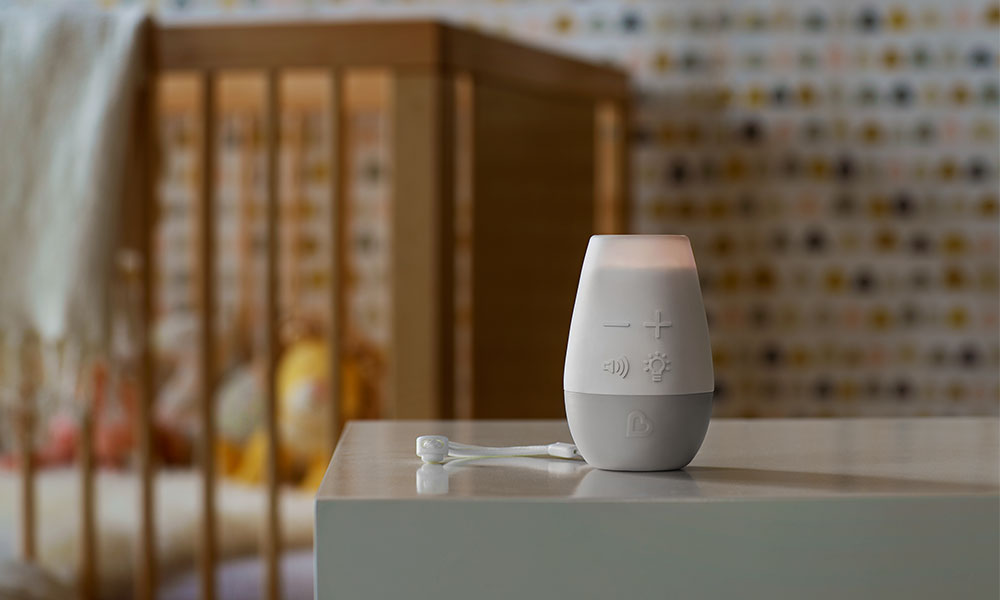Brace yourself: disoriented days are coming. Just when you thought sleepless nights were a thing of the past, along comes the day the clocks change in autumn to disrupt your baby’s routine!
If your baby is already an early riser, the thought of 4am wakeups might not be that welcome. But the switch from Daylight Savings Time to Greenwich Mean Time doesn’t have to mean the end of sweet slumber. If you start prepping your little one in advance, you’ll have an easier time coping with the change.
When do the clocks go back in 2026?
In the UK, clocks turn back an hour at 2am on the last Sunday in October. For some lucky families, the time change means an extra hour of sleep and a more leisurely start to the days ahead. For many others – and especially those with really little ones – the time change can wreak havoc on sleeping patterns, by putting your baby’s internal clock all out of sync. But you can make the transition a little smoother with just a few simple steps.
Shift bedtime in the run up
As with any change to your baby’s routine, a slow and steady approach is key. In the days leading up to the change, start nudging baby’s naps and bedtime forward in small increments of no more than 10-15 minutes.
If their bedtime is 7pm, put them down at 7.10pm or 7.15pm, and keep shifting a little each day. If you’re consistent with this approach, by the time it’s the end of October, the transition should feel natural. But tread carefully, as keeping your little one up just 15 minutes longer can potentially backfire and result in a cranky and overtired baby.
You can also take the same approach in the spring when the clocks move forward – but this time you’d do it in reverse and move their sleep time earlier in increments of 10-15 minutes. In the UK, the clocks go forward an hour at 1am on the last Sunday in March.
These gradual shifts work for even the best sleepers and will help reset their circadian rhythm and adjust to the time change more naturally. You can try it with older kids too, but they don’t find it as much of a problem adjusting to the time change.
Reinforce a calm sleep environment
Once the clocks change, it gets darker sooner (at around 4.30pm in the depths of winter in the UK), which will help with earlier bedtimes. But the catch is that it’s lighter much earlier in the morning. If you want to prevent your baby or toddler from waking up when the sun rises, make sure the room is as dark as possible with blackout blinds or curtains.
Start winding baby down a little sooner, making the bedtime routine a little longer than before. Baby-friendly sound machines and projectors can make the nursery feel even more peaceful and relaxing. The Shhh… Portable White Noise Sound Machine is great for this.
Toddlers might need a slightly more obvious approach to adjusting to new wake-up times. A special alarm clock that uses colour to let them know when to stay put in bed and when it’s ok to get up is ideal.
Update your clocks
After the clocks have changed, take a look around your home to check whether the time on your clocks or devices has updated automatically or you need to manually update them, to avoid potential confusion later.
Remember, sleep transitions can be tough but they are temporary. Not matter how old you are, a new routine requires time to adjust. Give your little one and yourself a little break and you’ll get there in the end. Interested in more baby advice? Simply head to our blog or check out our StrollerCoaster podcast.

Leave a Reply